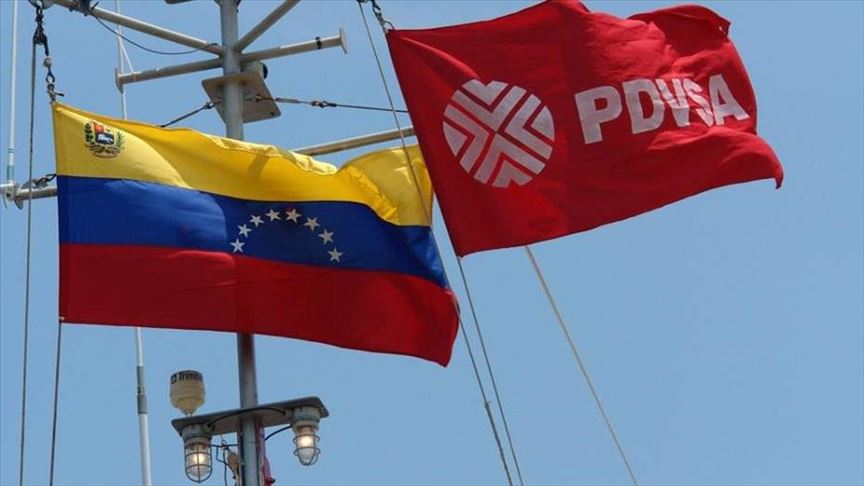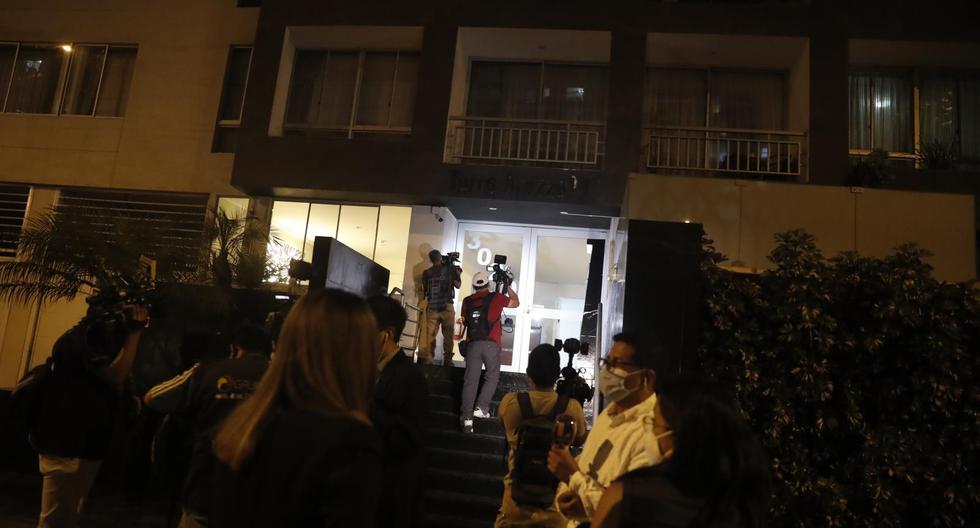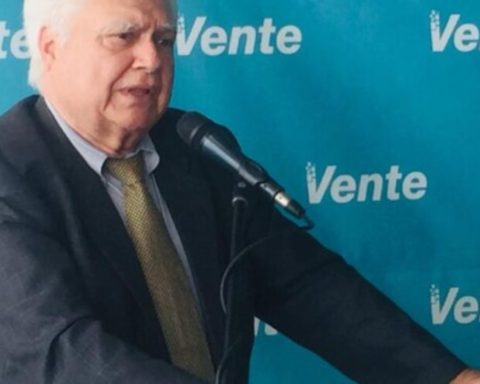The Congress of Peru, dominated by the right-wing opposition, agreed this Monday to debate an impeachment motion against leftist President Pedro Castillo, similar to those that led to the fall of former presidents Pedro Pablo Kuczynski, in 2018, and Martín Vizcarra, in 2020. .
Source: AFP
“She has been admitted [a debate] the motion”, announced the head of Congress, the opposition María del Carmen Alva, after the initiative was approved by 76 votes, 41 against and one abstention.
Alva proposed that the president’s fate be decided by the plenary in this political trial on Monday, March 28, starting at 3:00 p.m. local time (8:00 p.m. GMT), which was accepted by his colleagues. Castillo may attend this session to present his defenses or send an attorney to represent him.
This is the second “vacancy motion” against Castillo in the seven and a half months he has been in power. In December, Congress dismissed the first.
“It saddens me that the tripping continues and the people are not listened to. We have to tell the country that we have not come to steal a penny,” Castillo said in the jungle region of Loreto.
“We have not come to steal a penny from the people, we will say that tomorrow [martes] in Parliament. No one distracts us because he who owes nothing, fears nothing, ”he added.
The request was presented by 50 congressmen from the right-wing parties Renovación Popular, Avanza País and Fuerza Popular (Fujimorista), with the support of legislators from other benches.
The opposition alleges Castillo’s “moral incapacity” and needed 52 votes, out of a total of 130, to be accepted for debate.
If he is removed, power would be assumed by his vice president, Dina Boluarte. But experts doubt that opponents can cross the threshold of the 87 necessary votes, according to the Constitution.
“President Pedro Castillo must give immediate explanations to the country for his repeated misconduct,” said ultra-conservative legislator Jorge Montoya, a retired admiral, in support of the motion.
But Waldemar Cerrón, head of the caucus of the ruling Peru Libre party, affirmed that Congress “wasting time” in these debates. The formation announced that its 37 parliamentarians will reject the motion.
CASTILLO WILL SPEAK BEFORE CONGRESS
On Tuesday, Castillo will go to Congress for a separate matter: to deliver a speech on the state of the nation.
According to the opposition, the president is tainted by the alleged corruption of his entourage and committed “treason against the fatherland” for declaring himself open to a referendum to decide on an outlet to the sea for neighboring Bolivia.
“The accusation of treason does not make sense. They are looking for any way to end the Castillo government,” said political scientist Fernando Tuesta in a conference with the foreign press.
“There are not enough votes to get him out, nor are there street demonstrations to get him out,” he stressed.
The president’s disapproval fell to 66% in March, three points less than in February, when it reached its highest level (69%), but even more discredited is Congress, which accumulates a rejection of 70%, according to an Ipsos survey.
CELAC ASKS TO RESPECT THE POPULAR VOTE
The clash of powers between the Executive and the Legislative in Peru once again transcended borders and the Community of Latin American and Caribbean States (CELAC) made a call to respect the “popular will”.
The rotating president of CELAC, the Argentine Alberto Fernández, expressed over the weekend “his concern about the institutional situation that Peru is going through.”
He also emphasized “the need to respect the democratic order and the popular will expressed in favor of President Pedro Castillo.”
The Inter-American Commission on Human Rights, an autonomous entity of the OAS, had warned on December 10 of its concern about the way in which the “presidential vacancy due to moral incapacity” has been distorted in Peru due to the “lack of objective definition” that it has. that figure, which causes “impact (…) on the democratic institutions” of the country.
The president of Mexico, Andrés López Obrador, had also denounced in December that in Peru there was “a kind of preparation for an overthrow” launched by conservatism.
The possible dismissal of Castillo has been in the air since his election in June, when his rivals denounced “fraud” despite the endorsement of his victory by observers from the OAS and the European Union.
The opposition accuses Castillo, a 52-year-old rural teacher who took office on July 28 for five years, of lacking direction and criticizes his constant ministerial crises.
SIXTH MOTION IN FIVE YEARS
This is the sixth impeachment motion against a Peruvian president since 2017. Similar requests led to the fall of Pedro Pablo Kuczynski (right) in 2018 and Martín Vizcarra (center) in 2020.
The fall of Vizcarra sparked protests, repressed with a balance of two dead and a hundred injured. His departure led Peru to have three presidents in five days.
















